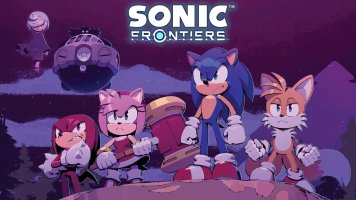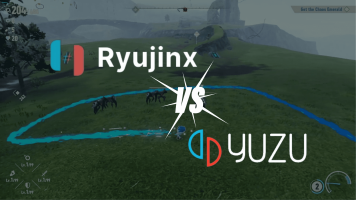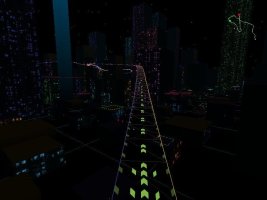That case is proven by the incredible community that remains passionate about the series, the many games that wear their EarthBound influence on their sleeves, and the very fact that it continues to provoke theories and discussion about its meaning in the present. People not born yet will be playing this game in the future and feeling its impact in new ways.
It would be an oversimplification to call EarthBound a "coming-of-age" story. Yet, in the trailer of EarthBound USA, a 2023 documentary about the game's Western online fanbase, series creator Shigesato Itoi is heard framing EarthBound as a game that turns "adults into kids, and kids into adults". This brief soundbite nicely encapsulates its timeless appeal.
EarthBound delivers frequently hilarious dialogue, light-hearted pastel hues, and a bottomless reservoir of charm. But it's paired with allusions to parental absenteeism and domestic violence as a group of children confront thugs, corrupt police, practitioners of extreme ideologies, and time and again, the greed and incompetence of adults in leadership positions.
It's a title that showcases its dissonance as effectively as its famed surreal quirkiness. Nowhere is that more apparent than in EarthBound's final boss encounter. The player's confrontation with Giygas pits you against an incomprehensible evil without form that presents itself not as a sprite but as whirling hues of red and black, a kind of tortured Rorschach of malevolence.
While the player is always aware of a larger evil at play in the story, that force manifests itself throughout the game in goofy ways such as exchanging blows with possessed fire hydrants and piles of vomit against bright psychedelic backdrops. One could be forgiven for anticipating the final boss to be an absurdist punchline, not a pivot to psychological horror.
Giygas presents itself as a face twisted in pain, a being without rationality or awareness whose very existence spreads agony, including to itself. The game's heroes, we are told, are unable to even perceive the ways Giygas harms them. To me, it is an embodiment of the ontological potential for evil in the hearts of living beings and the resultant trauma that inflicts.
As we mature, a broadening awareness of the world's troubles chip away at the insulation of childhood. Every adult can perhaps recount such moments of realization in their lives. Traumatic events, or awareness of them, in some ways, mark a childhood's end, symbolized by Ness and his friends being required to leave their child bodies to confront Giygas.
EarthBound's heroes are told by the scientist Dr. Andonuts that their human bodies cannot survive the journey through time and space to reach Giygas's location in the past, so the children then undergo experimental surgeries – depicted with disquietingly invasive sound effects – to inhabit robot bodies with the knowledge that this may be irreversible.
As the heroes enter Gigyas' lair, they ascend what appears to be the living, breathing innards of the so-called "Devil Machine" where we are told our foe resides. The machine projects an eerie image of Ness in human form, underscoring that this is not just a fight to save the world, but also a symbolic fight to preserve his humanity and the good within him.
That collective effort ultimately defeats Giygas, resulting in a bittersweet ending for the children, who part ways and go home to their families after their souls return to their human bodies. So, while life circumstances can force the young to confront adult problems before they are prepared to, EarthBound posits that we look to our inner child for moral resilience.
It also suggests that however unjust and at times disturbing the world is, it is still possible to face it all with a big heart, to find meaning and joy through our relationships with others and the positive impact we can have on their lives. Like the best examples of children's literature, EarthBound's message is equally relevant to adults.






